The unique chemistry taking place in the world’s lithium deposits points to the importance of boron when it comes to understanding their pH. These results from Duke University in North Carolina, US could have significant implications for lithium mining technologies, as well as handling and managing wastewater.
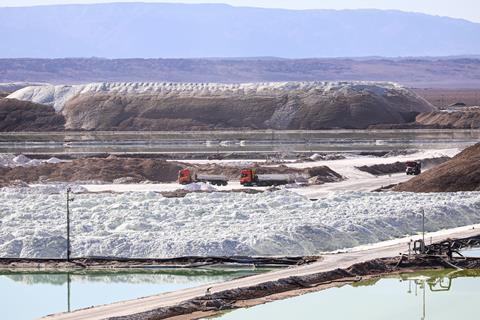
Lithium is a critical mineral necessary for rechargeable batteries. About 40% of global production comes from large salt flats, known as salars, in the central Andes in South America and the Tibetan Plateau in Asia. There is lithium below the surface salt deposits in these dry, high-altitude regions, dissolved in extremely salty water. The Duke team discovered and confirmed via modelling that the pH of brines in these regions is primarily driven by boron, unlike seawater and other common saline waters.
Given the highly elevated concentrations of boron in natural and evaporated lithium-rich brines the team hypothesised that boron species are a major alkalinity species and can exert a strong control on pH, while acknowledging this to be ‘an unstudied aspect’ of lithium-rich brines.
The researchers analysed the pH and chemistry of brines and salts associated with a pilot mining operation at the Salar de Uyuni in Bolivia and found that pH levels in natural brine samples hovered around neutral. The natural brines contained high levels of boron in different forms, including boric acid and borates. However, the brine samples from evaporation ponds were highly acidic and this was a consequence of a change in the dissociation of boric acid during the evaporation process, which leads to the release of more hydrogen ions.
‘When you talk about boron and pH the general understanding has been that boron speciation of water depends on pH – the relationship between boric acid and borate depends on the pH of the seawater,’ explains Avner Vengosh, an environmental quality professor at Duke who led the study. ‘But here we see the boron content controls the pH rather than the pH controlling the boron, and for chemists this could be intriguing,’ he tells Chemistry World. ‘It is unusual for someone who has understood one thing for 30 years and now understands that it’s the opposite.’
These results help to explain changes in pH during evaporative concentration. The Duke researchers further note that their findings could be particularly important for understanding the potential environmental impacts of residual brines left after lithium extraction, which can leak from storage ponds.
The team is now trying to understand the evolution of the brine, and why lithium is enriched in these salt pans. The scientists are also working to elucidate the different geochemical mechanisms that contribute to the chemistry of the brine, which they expect to be crucial for lithium extraction.
References
G D Z Williams, P Nativ and A Vengosh, Sci. Adv., 2025, DOI: 10.1126/sciadv.adw3268





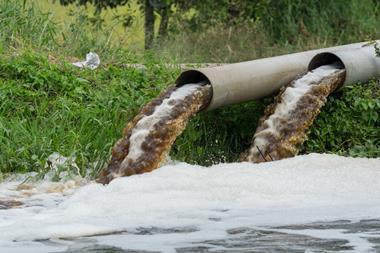
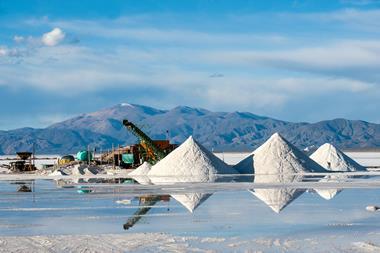
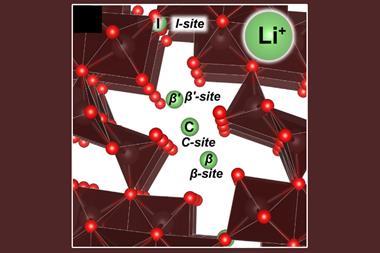

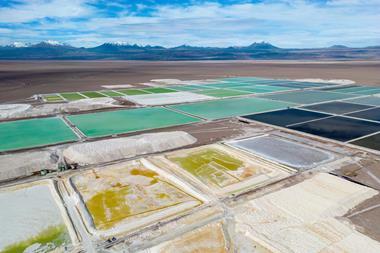
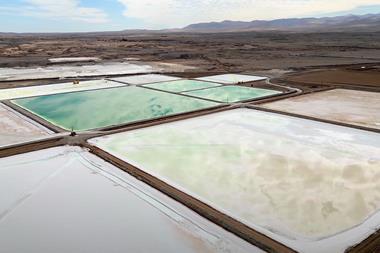






No comments yet